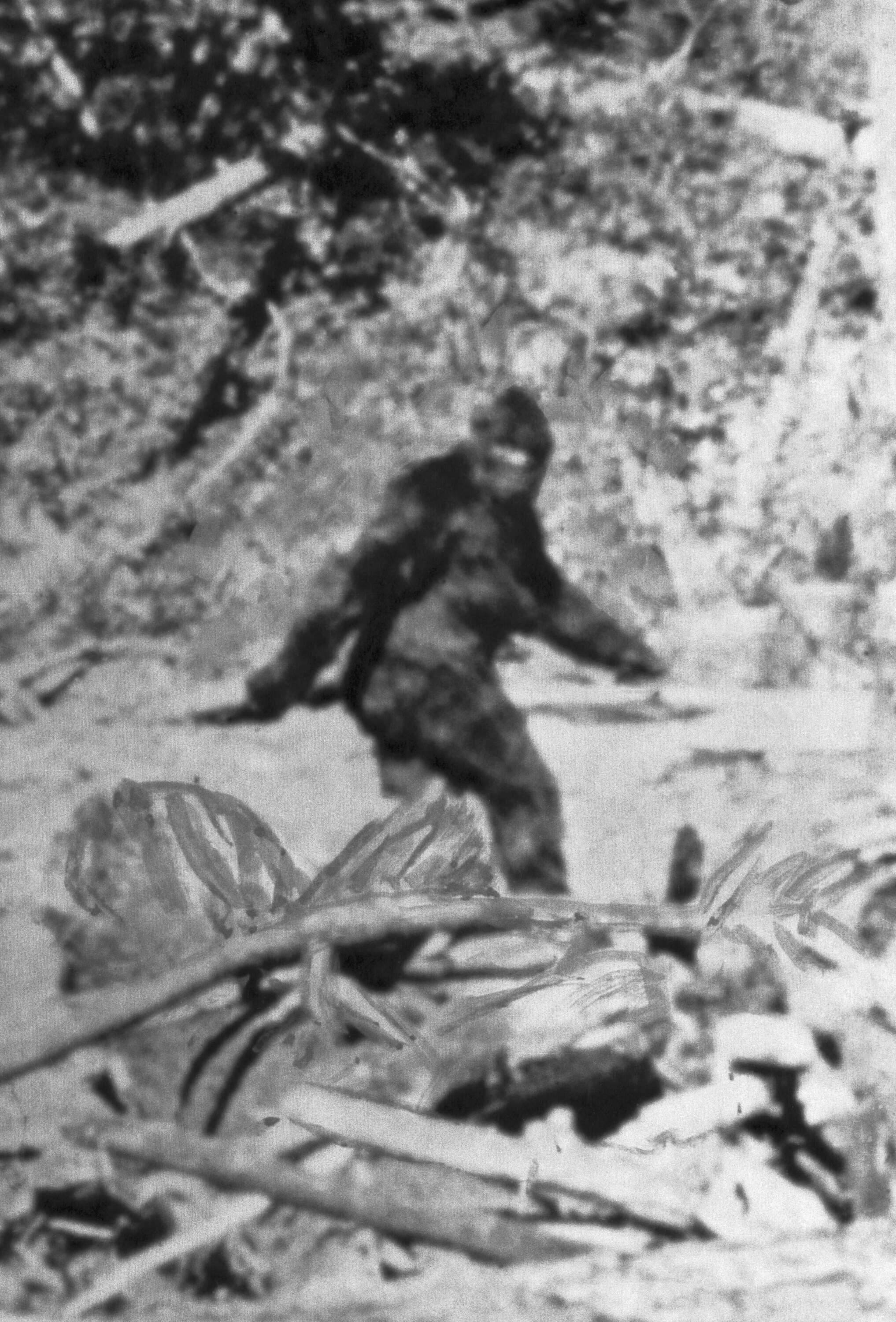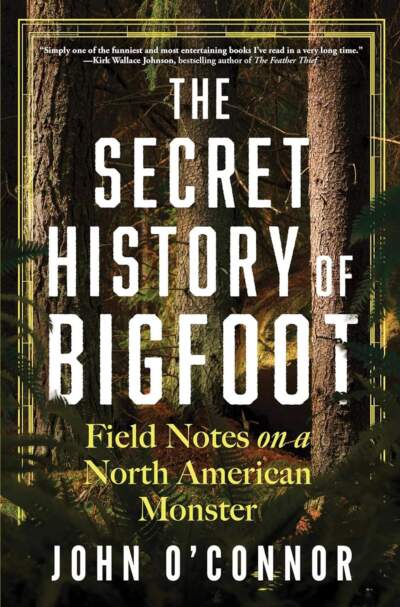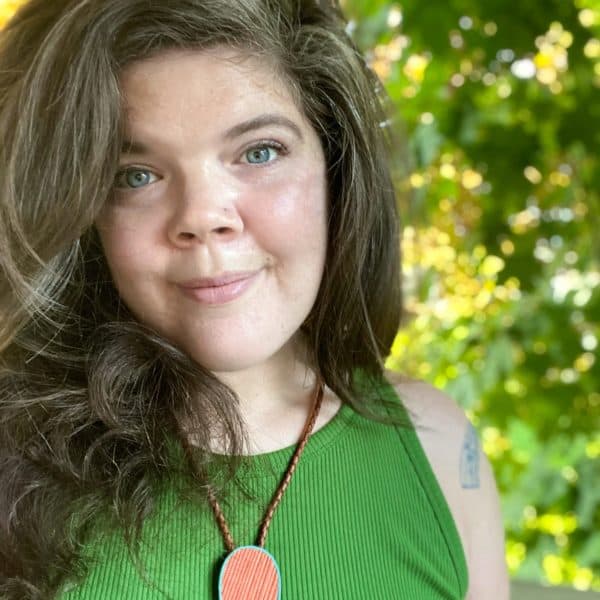Advertisement
Field Guide to Boston
What the search for Bigfoot in Massachusetts can teach us about ourselves
ResumeAuthor and professor John O'Connor spent a year going all over the country with people in search of Bigfoot, including the Berkshires. He joins Radio Boston to discuss his new book "The Secret History of Bigfoot: Field Notes on a North American Monster," and he says Massachusetts plays a central role in the narrative.
Highlights from this interview have been lightly edited for clarity.
Interview Highlights
On why O'Connor researched Bigfoot:
"I think Bigfoot just circles around a lot of things that I've written about over the course of my career. You know, kind of marginal subcultures of people — this tension between sort of modern, domestic life and a desire to live life more wildly. I guess, a desire to sort of have more wildness in our lives. And also it just seemed to unpack a lot of stuff that's going on in the culture at large right now about belief and the belonging and loneliness and just the loss of our wilderness."

On searching for Bigfoots in the Berkshires:
"One of the things that surprised me about this book was exactly that you didn't have to go to the traditional, what people think of when they think of Bigfoot. The Pacific Northwest, Northern California — a lot of the guys I talked to when I was doing early research were like, 'You know, you can just go to Ohio or like in your upstate New York, in your backyard in the Berkshires.'"
"So I reached out to a group, a local group here called Team Squatchachusetts, led by a wonderful guy named Jonathan Wilk, who's a pal of mine. And he invited me on an expedition. And on, 'expeditions,' Bigfooters tend to spend two or three nights in the woods looking for a Bigfoot — listening for Bigfoot is a big part of it often and not-very-hard-to-access locations too. We're not talking very wild here. I mean, we were in the Mount Savoy State Forest, which is, you know, I don't know, half an hour from Pittsfield. ... [I was there] probably like two and a half nights...taking long hikes through the woods and kind of comparing notes afterwards."
"...one of the big allures of Bigfoot is just what's hidden in the shadows, what's hidden in the darkness?"
John O'Connor
On the fundamental need to believe that there is something bigger out there:

"I think all of us, whether we realize it or not, believe in some kind of crazy stuff, you know what I mean? We can quickly go from rational, irrational, inexplicably."
And the great example here is [this:] I don't know if you've ever been to like a late inning baseball game, bottom of the sixth, top of the seventh, when like the pitcher is throwing a no hitter and this kind of murmur starts to go around. You know, but you're not allowed to talk about it, right? You're not allowed to mention it because then you're going to jinx the whole thing, right? I mean, you will literally get stuff thrown at you. You'll get chased out of your section. So you have a stadium of 30,000-35,000 perfectly lucid saints over people suddenly believing in the power of the jinx. And we all have things like that where our stated beliefs or unbeliefs don't align with how we behave."
On the thing that made O'Connor love the Bigfooters he traveled with:
"I was really so happily surprised to discover how welcoming people were to me, not just as an outsider and a non-Bigfooter, but as a journalist. Journalists get a bad rap today. I think unfairly, there's a kind of misunderstanding what journalists do. And a lot of people who I think it's fair to say I disagreed with politically on 80-90% percent of things, but [they] totally embraced me. If you're there, not judging, not denigrating and you're accepting of their professed beliefs about things, then you'll find that you'll be welcomed."
This segment aired on February 23, 2024.

